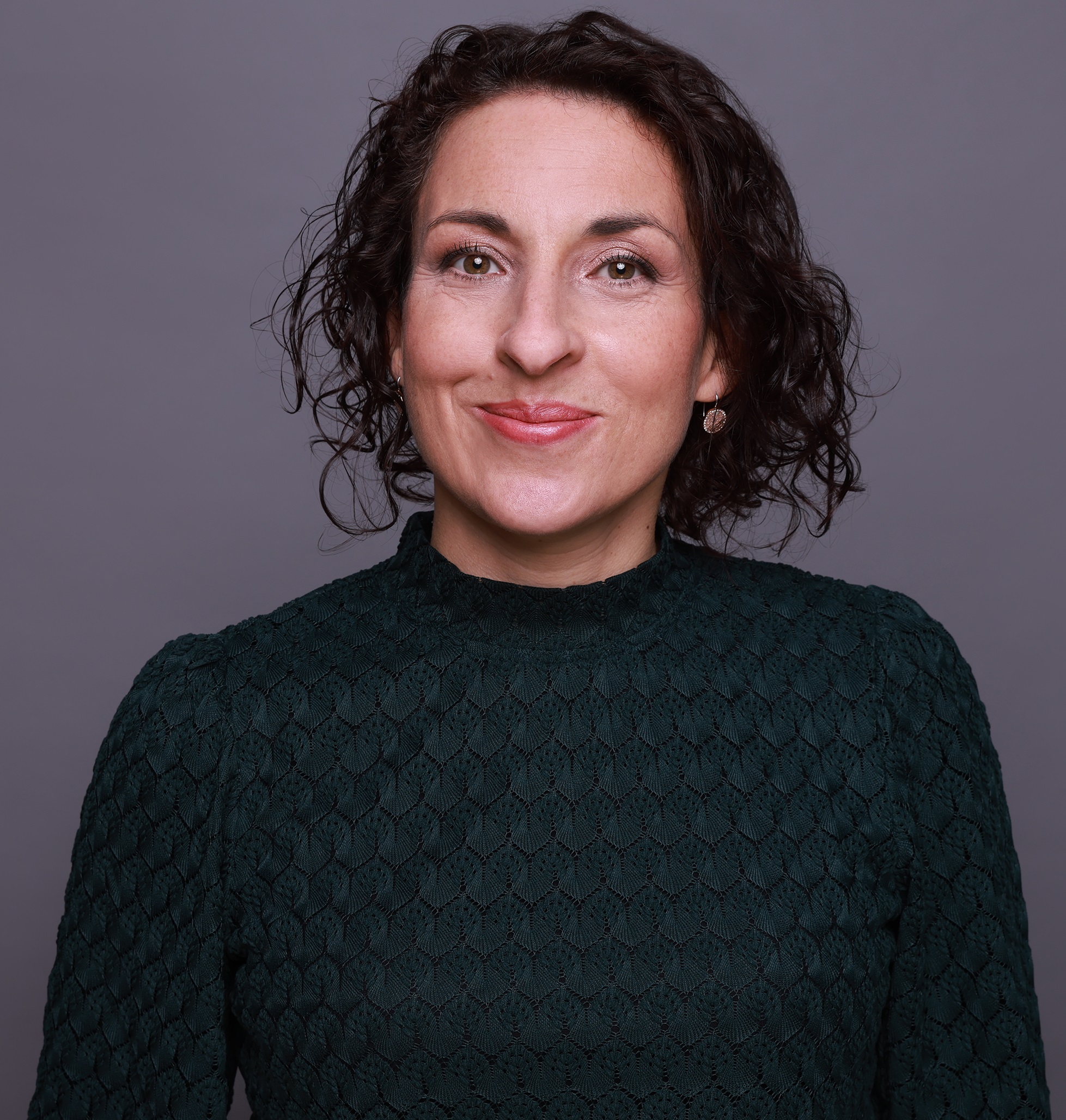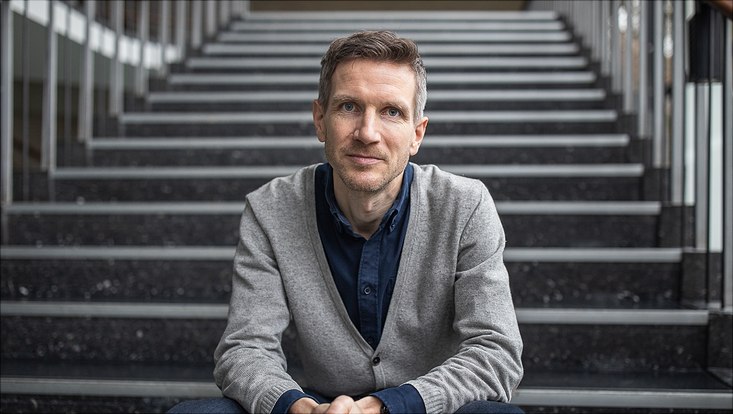Student offers interdisciplinary teaching project.“Just look at yourself!” Why Shame is Universal
26 February 2024, by Anna Priebe

Photo: pixabay/rollstein
The way we talk about shame influences how we think about our bodies and our social roles. How, exactly, is what Miriam Hinterholzer wants to find out in her summer semester seminar. What makes this seminar special is that Hinterholzer is a master’s student, and she is offering the course for her fellow students. In our interview, she explains this unique offer.
How did you come up with the idea for offering a seminar?
A classmate of mine had offered this kind of seminar some time ago. This made me aware of the possibility and then, at first, I did some research on how that would work.
Did you already have experience in teaching?
I had already taken active part in tutorials. I also work as a research assistant for Prof. Lars Vorberger. Talking with him strengthened my resolve to develop the teaching project because following my master’s I want to continue with my academic career. The project is a super opportunity to gain experience.

How did you find the right topic for your student teaching project?
I’ve been pondering the topic for a longer time now. I study German linguistics and one of my areas of interest is gender linguistics, meaning the question as to how we see our bodies and genders in language. Furthermore, my child had told me about situations at school in which other children were scolded for their behavior or performance so much that they were ashamed in front of the whole class.
This so-called shaming as a means of discipline got me to thinking about what actually happens from a linguistic perspective. Where do we still have such customs? What kinds of shaming, which often occur rather unobtrusively, do we have in society?
I think that is a very good topic for the project, also because it is well-suited to cooperative and interdisciplinary learning.
What can students expect in your seminar?
Because interdisciplinarity is so important to me, I am offering the seminar in the free elective area for students in all subjects. The participants do not need linguistic or other previous special knowledge; instead, we will work on a common theoretical basis.
The goal of the teaching project, however, is actually to encourage the students to develop and implement their own research ideas and projects. It would be conceivable, for example, to look at certain books or films with regard to the representation of shame. At the end, there should be an exhibition to present the research findings to the University public.
How are you preparing for the role of teacher?
To design and conduct this kind of seminar is very different from giving a talk or moderating a class session. Essentially, this is why every student teaching project is supervised by an instructor. In my case that is Prof. Vorberger, with whom I am closely cooperating. He will also be a back-up in the seminars.
I want to implement what I think makes for good teaching.
My goal, however, is to do everything as independently as possible, including supervising the research projects. I can draw on my experiences as a tutor but also on my own experiences as a student. I have attended a lot of seminars and developed an appreciation for what makes good teaching. I would now look to do it myself.
What should the students get out of it?
The free elective area is there to help you think outside your own courses. And shame is universal—in our private lives as well as in professional contexts. It doesn’t matter if you are studying the natural sciences or education. Any and everyone can find shame everywhere and that’s why I think that the students will benefit from taking a closer look and asking: what’s happening here? It is precisely the shame-ridden experiences that cause a feeling of powerlessness and speechlessness. Reflection helps us to deal with these kind of situations differently.
Student teaching project
Miriam Hinterholzer’s teaching project Am Pranger—Sprachmuster der Scham im Kontext sozialer Normierung is being supervised by Prof. Dr. Lars Vorberger. Students in the humanities can offer their projects in the free elective area and also have an opportunity to gain a teaching practice certificate. The goal of this program is to gain basic teaching qualifications in general adult education by offering your own tutorials or teaching projects. The teaching projects are open to students in all subject areas. You can register for the student teaching project offered by Miriam Hinterholzer, who this summer will be in her fourth semester of her master’s program in German linguistics, and all other courses in the free elective area via STiNE during the registration phases.


